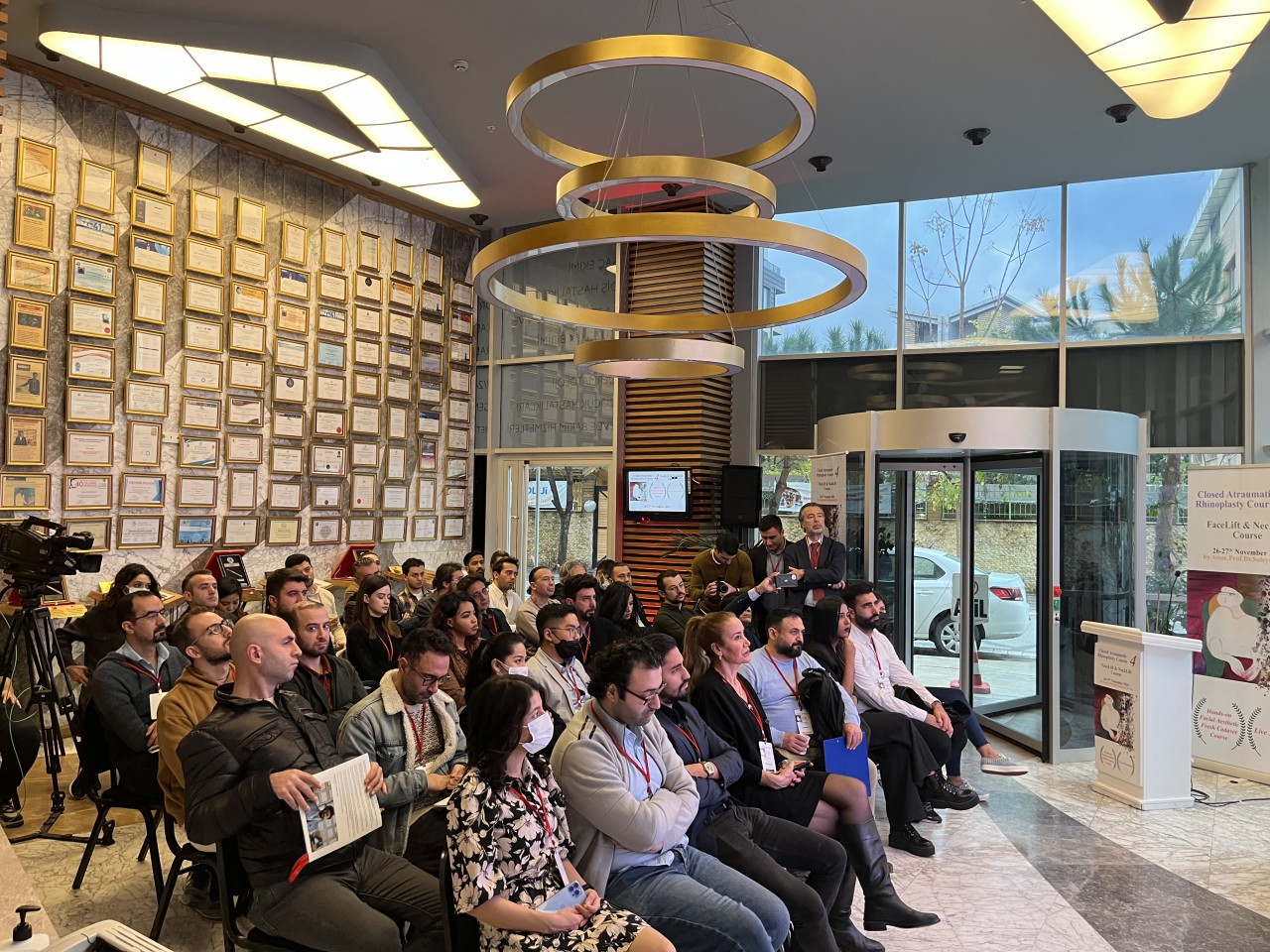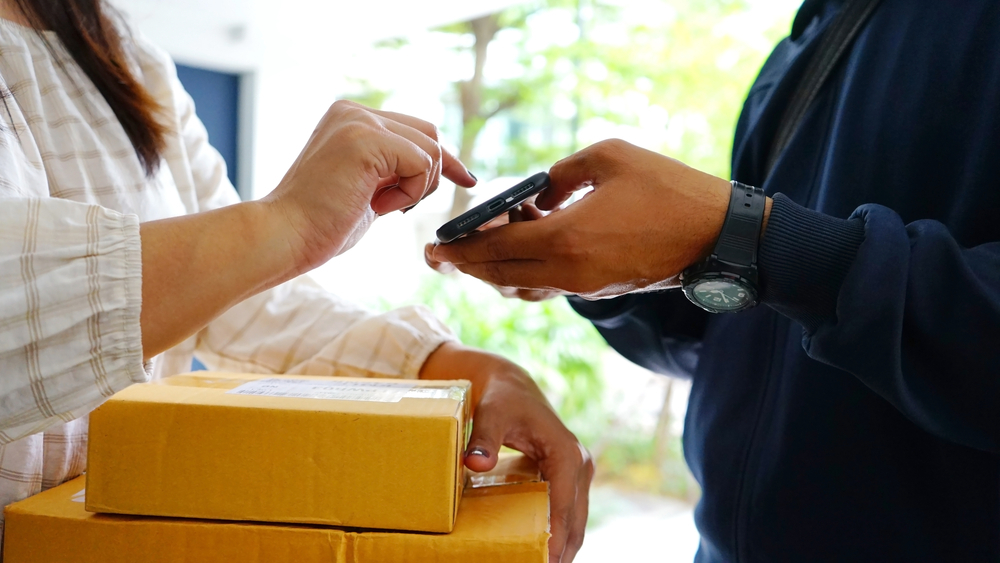The healthcare industry has recently been under increasing pressure to improve data security. This has led to the exploration of innovative technologies, such as Blockchain, that have the potential to revolutionise the way patient data is stored and shared.
What is Blockchain?
Blockchain is a decentralised digital ledger that allows for secure, transparent, and tamper-proof record-keeping. Each “block” in a blockchain contains a timestamp and link to the previous block, creating an immutable record of transactions. This makes it an ideal solution for the healthcare industry, where data security is paramount. The application of Blockchain in healthcare is still in its initial stages, but it has the potential to revolutionise how patient data is managed and secured.
By creating a decentralised database of patient records, Blockchain could give patients more control over their data while also making it more difficult for hackers to access sensitive information. In addition, Blockchain could help streamline administrative tasks such as claims processing and provider credentialing. Any healthcare administrator who wishes to improve his/her knowledge on the use of Blockchain in the healthcare sector will find a healthcare leadership course very helpful.
How can Blockchain be used in healthcare?
The potential of Blockchain in healthcare is far-reaching and has the potential to revolutionise the way patient data is managed and protected. Here are five ways that healthcare leadership can start using Blockchain to improve patients’ data security:
- Use Blockchain to create a secure, decentralised database of health information. This would give patients more control over their data and make it more difficult for hackers to access sensitive information.
- Use Blockchain to verify the authenticity of medical records. This would help prevent fraud and ensure that patients receive the correct treatment.
- Use Blockchain to create a smart contract system for managing healthcare payments. This would make tracking expenses easier and ensure they are made on time.
- Blockchain can also be used to streamline clinical trials and research. By creating a secure and decentralised database of clinical trial data, Blockchain can help to speed up the research and development process.
- Blockchain can also be used to create a secure platform for sharing patient data. This would enable doctors and healthcare providers to securely share information about their patients without the risk of it being compromised or sold to third parties.
What are the benefits of using Blockchain in Healthcare?
There are many benefits of using Blockchain in healthcare, including:
Improved data security
Data security is a top priority for healthcare organisations, and Patient Protected Health Information (PHI) must be safeguarded at all costs. One way healthcare organisations ensure data security is by utilising blockchain technology. Blockchain is a digital ledger that allows for secure, tamper-proof transactions.
This type of technology is well-suited for the healthcare industry because of the sensitive nature of PHI. By using Blockchain, healthcare organisations can create a decentralised system for storing and sharing data. This means that there is no single point of failure, and that data is more secure overall.
Improved data sharing
Blockchain can help to streamline the sharing of clinical trial data and other health information. Blockchain is a decentralised system. This means that information is stored across the network, not in one place. Since there is no single point of failure, the risk of data loss and corruption is significantly reduced.
The Blockchain is also a distributed network, offering greater protection against cyberattacks. Healthcare leaders can use these features to help improve data sharing and security. If a healthcare professional wants to know how to implement blockchain technology in their healthcare facility, a relevant healthcare leadership course will prove extremely helpful.
Improved efficacy
Blockchain can help to speed up the research and development process. Theoretically, it can also help to reduce the cost of clinical trials. Blockchain technology can improve interoperability between healthcare providers and patients. Patients have greater control over their medical records and can be confident that they are securely stored in a distributed ledger.
Blockchain can help to break down barriers in the pharmaceutical industry by providing more efficient supply chain management. It will allow patients and doctors to track the distribution of drugs and will also make it easier for drug manufacturers to detect fake or counterfeit products.
Blockchain can reduce the cost of transactions by making transactions more efficient. By lowering fees charged by banks and other third parties, Blockchain will reduce healthcare costs.
Blockchain has the potential to benefit patients, providers, and payers.
What are the challenges of using Blockchain in Healthcare?
There are some challenges associated with using Blockchain in healthcare.
Complexity
Blockchain technology is still in its early stages of development and can be complex to implement. Some of the complexity associated with Blockchain includes scalability, latency, and data privacy. The good news is that many companies are working on developing solutions to address these issues.
Blockchain technology is still in its early stages and is not yet widely accepted by healthcare providers. This means that few industry experts and solutions can be used to help organisations implement the technology.
Lack of standards
There are currently no industry-wide standards for using Blockchain in healthcare. This makes it difficult for organisations to implement the technology in a way that will meet their needs. For example, Blockchain has been used to develop a universal health record system that can store data from all healthcare organisations. However, there are no standards for storing these records, which makes it difficult for organisations to comply with the law.
What is the future of Blockchain in Healthcare?
The future of Blockchain in healthcare is promising. As more organisations invest in this technology, there will be a drive to develop standards and industry-wide applications. The goal is to create a robust ecosystem that allows all parties to benefit from the technology. As technology grows, Blockchain is expected to play an increasingly significant role in improving data security and efficacy in the healthcare industry.
Conclusion
Blockchain technology has the potential to revolutionise healthcare by improving patients’ data security. By using Blockchain, healthcare organisations can create a secure, decentralised database of health information that is more difficult for hackers to access. Moreover, Blockchain can aid in validating the integrity of medical records and ensuring that patient data has not been altered. As healthcare organisations increasingly adopt blockchain technology, patients will benefit from improved data security and a more efficient healthcare system.







